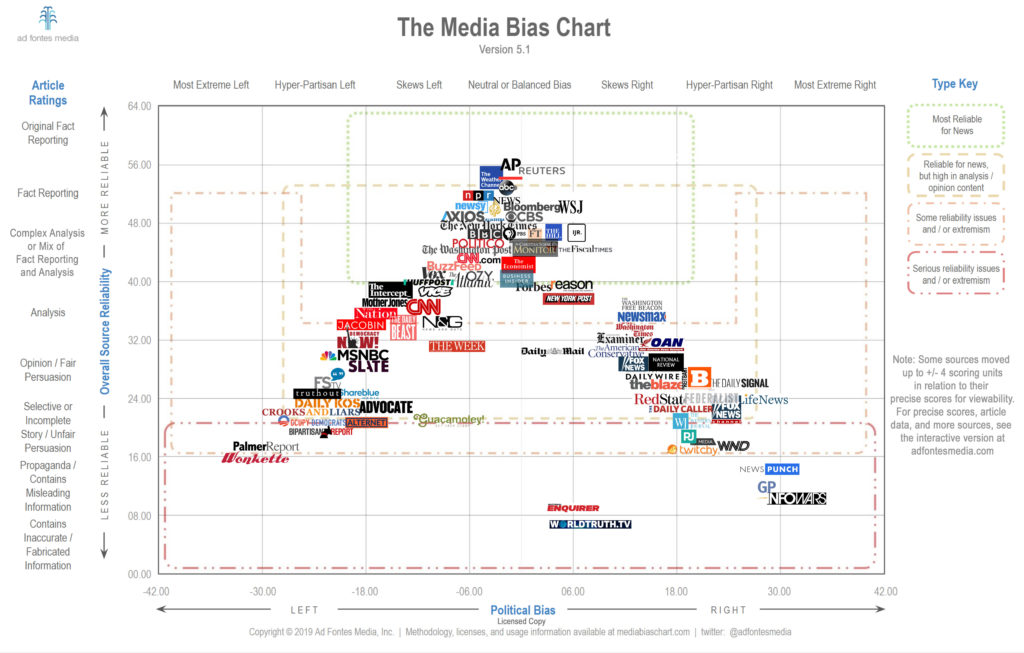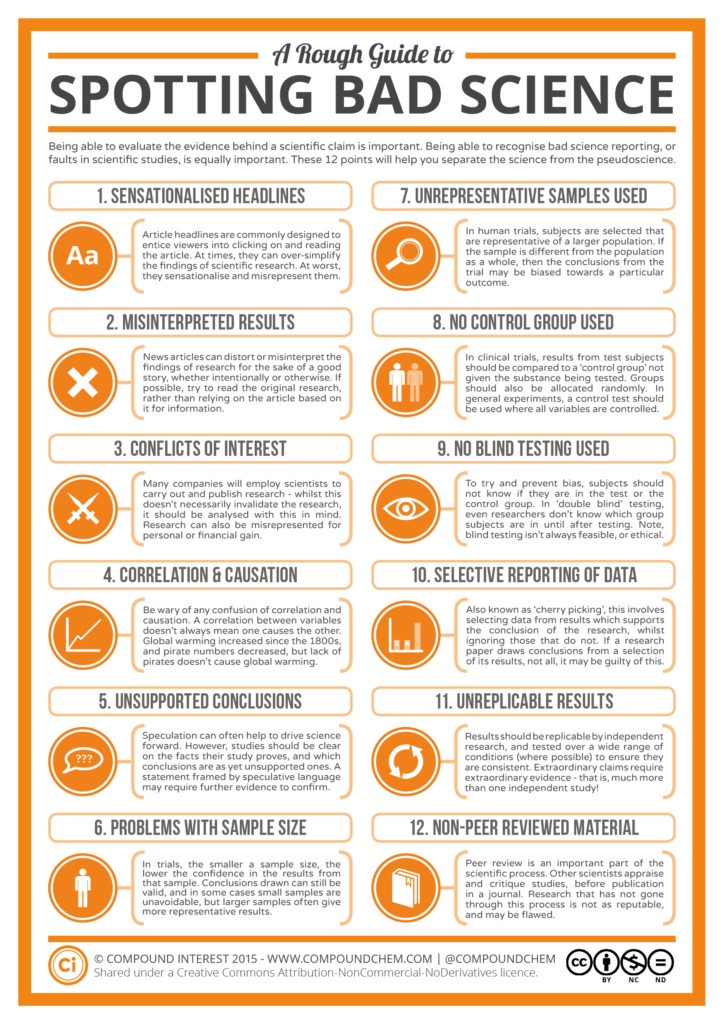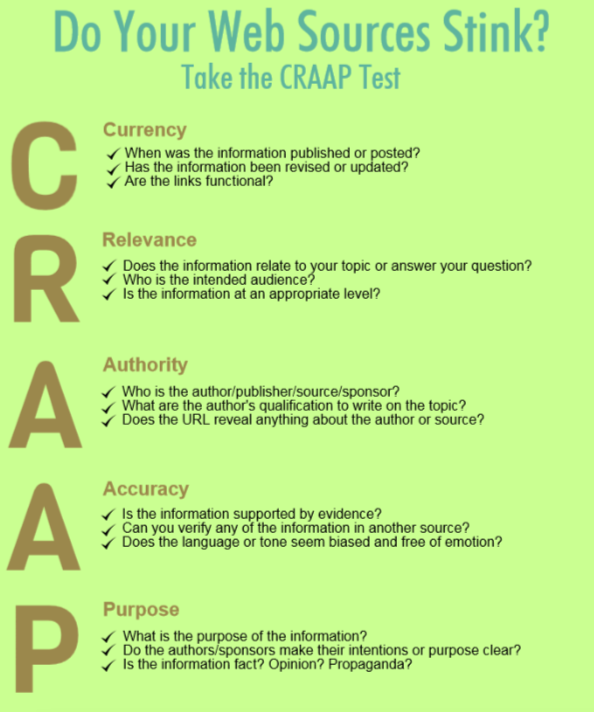The dead can’t tell their stories. Even when their accounts are documented, they are often given less credence than the accounts of survivors who still exist to share theirs. Simply put, survivorship bias is a logical fallacy in which we concentrate on the accounts of those who have made it past some criteria and overlook the accounts of those who did not. The error is compounded as conclusions are drawn that suggest that success is due to some characteristic shared by the successful instead of extraneous variables or random chance.
I most often see this bias play out in three ways:
- “The secret to a long life” stories
- “I did XYZ as a child, and I turned out fine” stories
- “Rags to riches” stories
Even though some of these stories may be shared with a humorous intent, there are plenty of examples where people believe that they are drawing accurate conclusions about success based on a selective review of attempts in pursuit of that success.
(more…)








































